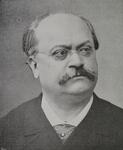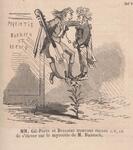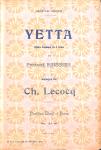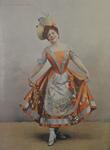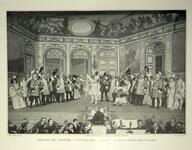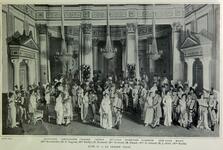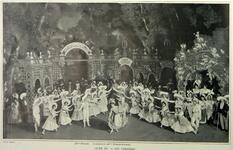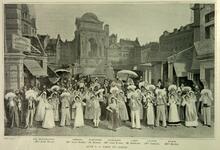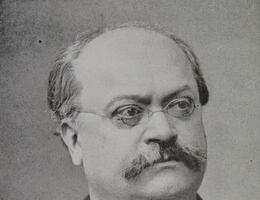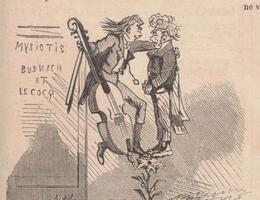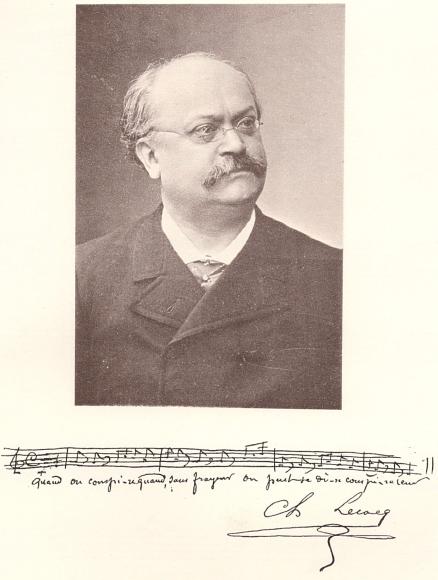
Charles LECOCQ
1832 - 1918
Composer
Born into a poor family, and suffering from a disability, Charles Lecocq had a difficult childhood. His one stroke of luck was perhaps to have been taken in hand by Joseph Crèvecœur, Édouard Lalo’s future professor. His invaluable instruction provided Lecocq with a solid grounding in music which enabled him, in 1849, to enter classes taught by Benoist (organ), Bazin (harmony) and Halévy (composition) at the Paris Conservatoire. Despite some encouraging awards (first prize in harmony in 1850), he was forced to cut short his studies in 1854 and earn a living by giving piano lessons or working as an accompanist for dances and ballet lessons. His composing career did not get under way properly until 1856, when he won joint first prize with his former classmate Bizet in an operetta competition organised by Offenbach (Le Docteur miracle). Some sixty works followed with varying degrees of success, including Fleur-de-Thé (1868), Les Cent Vierges (1872), Giroflé-Girofla (1874), Le Petit Duc (1878) and especially La Fille de Madame Angot (1872), still regularly staged today. Lecocq’s light, effervescent style, although not innovative, is recognisable for an extremely high calibre of writing informed by an undeniable sense of drama. Cultivated and intelligent, as well as astute, he surrounded himself with the finest librettists and helped to promote a genre situated somewhere between opéra comique and operetta. With Offenbach, Hervé and then Messager, he is undoubtedly one of the leading masters of this repertory.
Scientific publications
Publication

